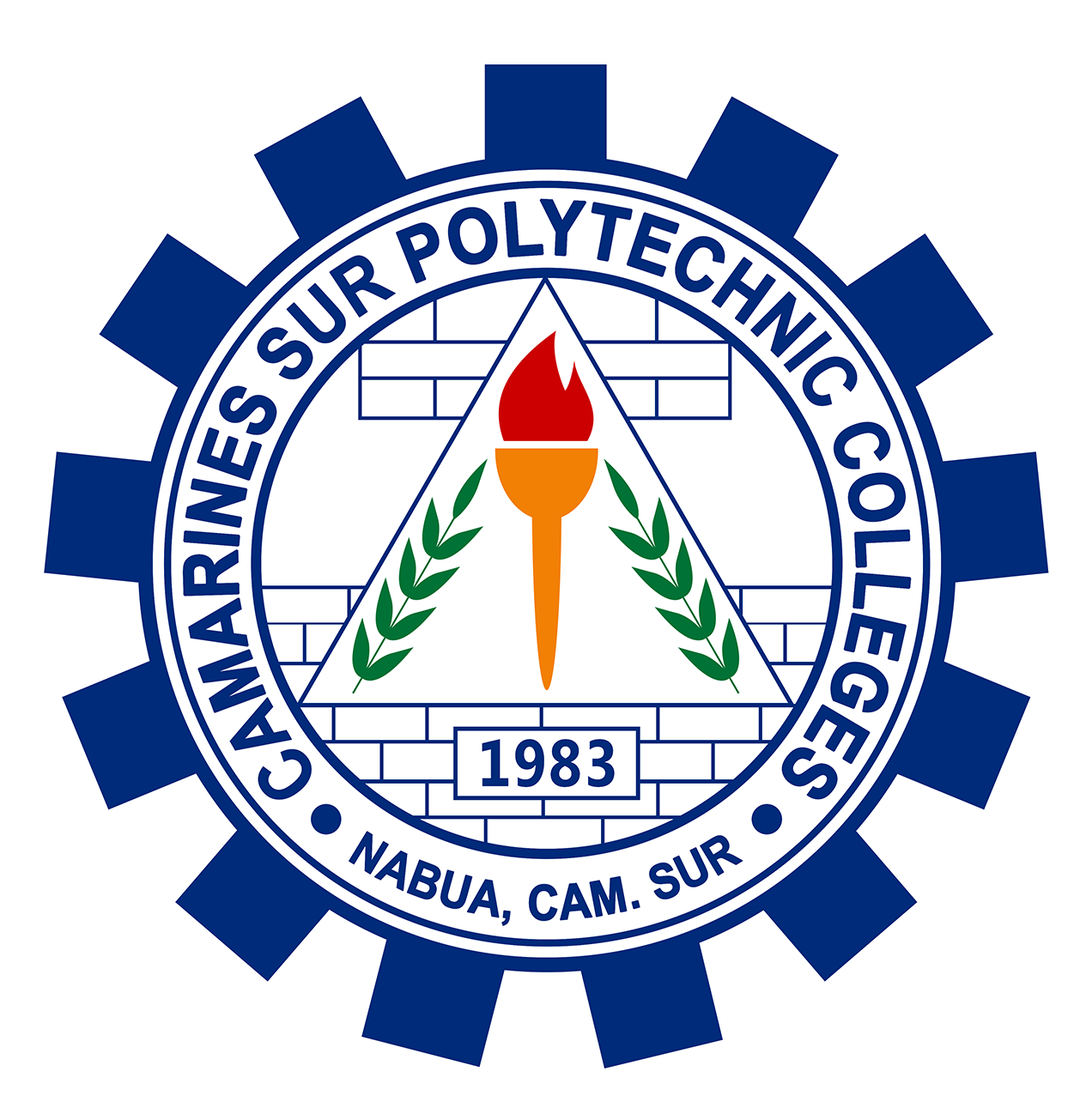- About
- Academics
- Schools and Colleges
- Learning Management System
- Center for Quality Assurance
- Broadcast Center
- Center for Human Rights Education
- Center for Gender and Development
- Student Registration and Records
- Student Testing and Admission
- Learning Resources and Development
- Student Affairs Services
- Information and Alumni Affairs Unit
- Academic Center for Continuing Enrichment for Students
- Competency and Assessment Center
- National Service Training Program
- News
- Admissions
- Students
- RIC
- Offices
- Centers
- AI Research Center for Community Development
- Center for Futures Energy and Sustainable Technology
- Center for Future Thinking and Strategic Foresight
- Center for Research in Integrative Social & Special Sciences and Policy
- Center for Rinconada Culture and the Arts
- Rinconada Center for Environmental Sustainability
- Research Ethics Board
- Opportunities
- Governance
- Transparency Seal
- Policies and Manuals
- Office of the President
- Vice President for Administration and Finance
- Vice President for Academic Affairs
- VP for Research, Innovation and Collaboration
- Internal Audit Unit
- Legal Affairs Unit
- Institutional Planning and Development Unit
- Center for International Relations and Linkages
- Bicol Consortium for Industries, Energy and Emerging Technology, Research and Development
- Board Secretary
- Administration and Finance
- Chief Administrative Officer
- Human Resource Management and Development Unit
- Records and Freedom of Information Unit
- Health Services Unit
- General Services Unit
- Supply and Property Management Unit
- Supervising Administrative Officer
- Project Management Unit
- Information and Communications Technology Unit
- Board of Trustees
- Directory of College Officials
- Administrative Council
- Academic Council
- RIC Council
- Citizen’s Charter
- Ten-Year Roadmap (2024-2033)
- Organizational Structure with Officials and Designees

 GOV.PH
GOV.PH
